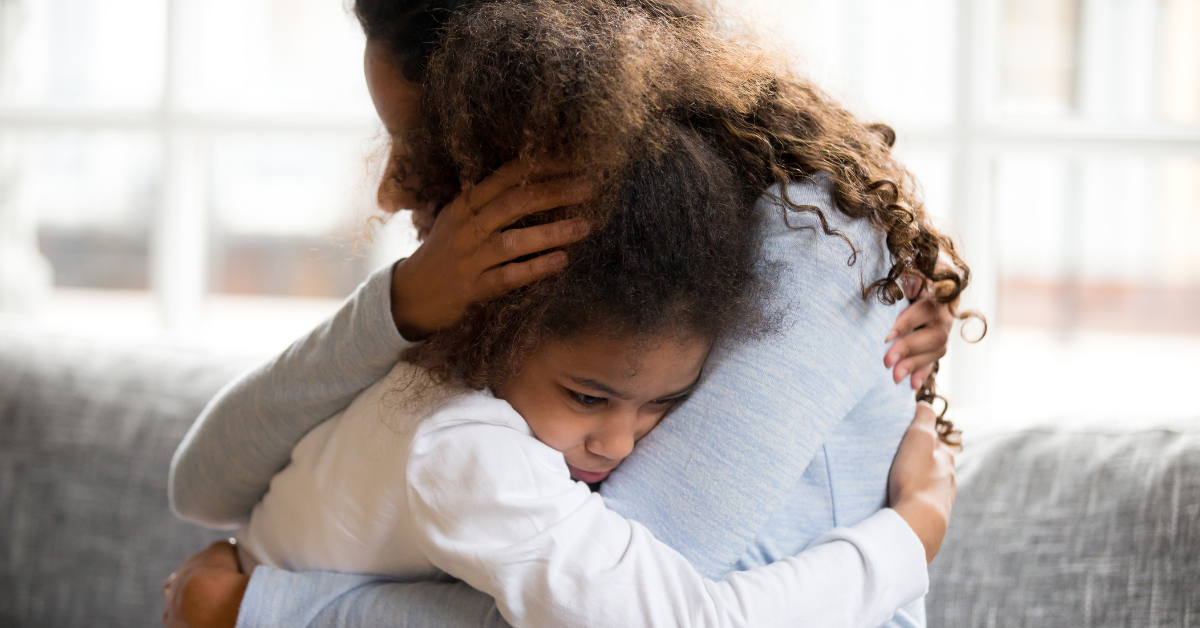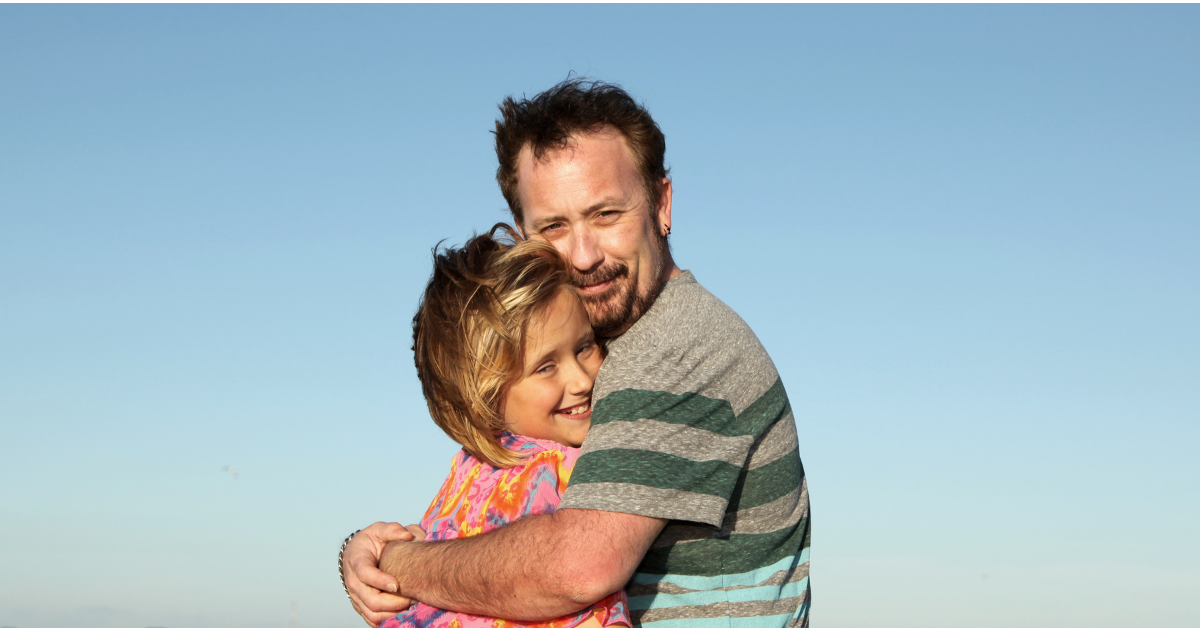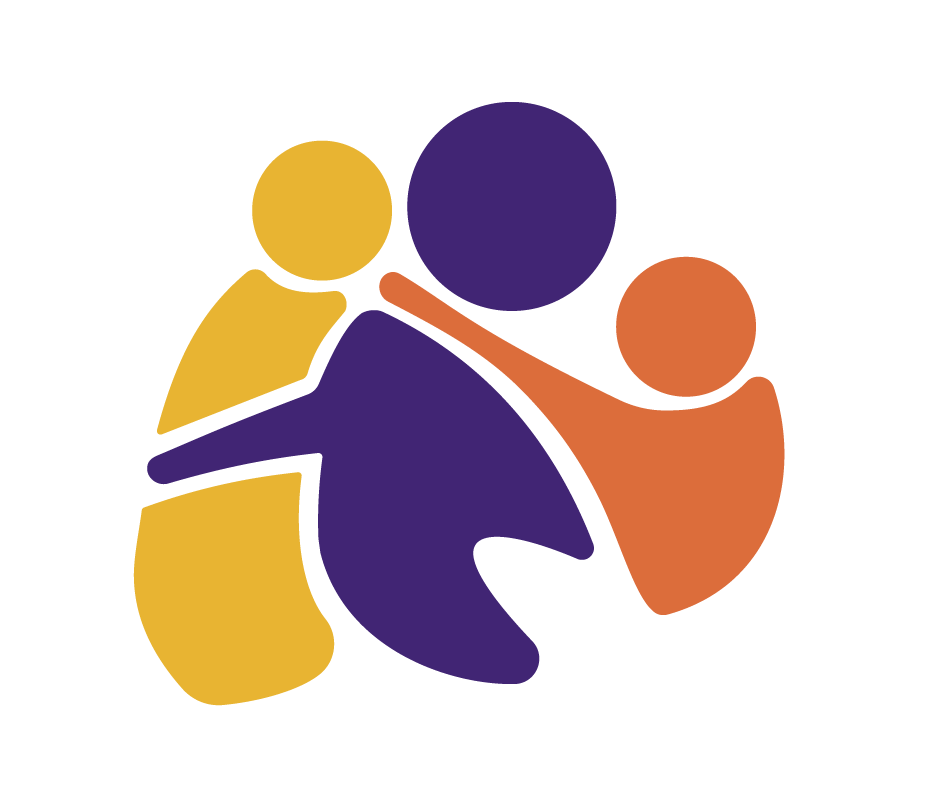In this article we will guide you how to deal with angry outbursts and prevent them from happening in the future.
Angry outbursts are developmentally normal up until age seven or eight, although if a child has recently begun behaving differently, it is always appropriate to look for reasons or triggers.
All behaviour is communication. Angry outbursts can show that the child doesn’t have the ability to manage feelings and express them in a controlled, mature way. Children don’t want to lose control in a meltdown – it can be a scary feeling. They are acting out in rage when feelings overwhelm them. Regulating their emotions is challenging for children and especially in times of stress, anxiety, or change.
Outbursts can also reveal challenges with impulse-control or problem-solving. Knowing this can help you support your child to cope more effectively.
Before outburst – awareness
Looking for ways to prevent the escalation into a meltdown is a win for everyone. The first step towards this is identifying when it’s about to happen.
- Identify triggers. Often meltdowns happen at predictable times or for specific reasons. If, for example, sudden changes cause angry outbursts, offer plenty of heads up about what’s going to happen and when.
- Help them recognize when anger is building. There are physical signs to tune into like clenching of teeth and stomach and feeling tense. We can ask a child what they notice so they become more self-aware.
This can take time so let’s see what we can do if it’s too late to prevent the angry response.
During the outburst – response
- Don’t respond to insults. In the middle of rage there is no point trying to reason with the child, it will just add to the emotions.
- Stay calm. If we get angry too, it will fuel their emotions. Model the behaviour you expect of them.
- Don’t take anything personally. The outburst is a reaction to their emotions, not you.
- Remove yourself and anyone else from the vicinity after a quick safety check. Don’t give attention or reinforcement of the behavior.
- Reduce any stimulation loud music, the TV, bright lights – if possible.
- Wait until they are calmer before returning.
- Have a calming down routine. This may be deep breathing, for example. The same techniques can also be effective to prevent anger from escalating. Breathing, distractions, thinking calming thoughts.
After the outburst – relationship repair and prevention

After the meltdown, it’s the time to repair the relationship with kindness and empathy, learn from the outburst and make a plan to prevent it from happening again.
- Work backwards. Discuss what happened right before the rage. What were they feeling? Naming that feeling is key to helping them learn to recognize feelings in the future. There is always another feeling underneath the anger, but it won’t be obvious for a child until we teach them to recognize it.
- Practice problem-solving. Teaching a child how to manage feelings of overwhelm. Developing new skills is not easy and takes time.
- Minimize contributing factors such as lack of sleep, poor eating, or extended gaming time, for example.
- Offer specific praise for good behaviour and ignoring some of the less ideal actions. Even negative attention can reinforce bad behaviour, like minor tantrums.
- Use consistent consequences for behaviour. Remember, we are disciplining for the inappropriate response to the anger, not the emotion itself. It’s normal and okay to feel angry.
- Have clear rules and follow-through every time. When setting limits and correcting, show warmth and empathy rather than anger. Our response has an impact on the likelihood of the behavior happening again, and emotional safety of the child.
- Help the child make amends if they have done something in anger. Have natural consequences, like paying for anything broken (which can be in chores rather than cash) or doing something meaningful for the person they have hurt.

Troubleshooting – maintaining discipline
Child’s anger can make a parent feel uncomfortable. It’s normal to want to give in to some demands to prevent it happening. Unfortunately, this just teaches a child that angry outbursts help them get their own way.
You may feel tempted to walk on eggshells to prevent outbursts. When we do this, the child teaches us to change behavior rather than the other way round. This means we don’t teach the child how to better manage those overwhelming emotions and outbursts will continue.
Still unsure how to deal with your child’s outbursts? Call us on 0800 568 856 for advice tailored to your family situation or explore our counselling options here.
This article is by Judith Yeabsley
Judith is an AOTA accredited picky eating advisor and internationally certified nutritional therapist. She works with 100+ families every year resolving fussy eating and returning pleasure and joy to the meal table. She is also available to run workshops.
Judith is mum to two boys and the author of Creating Confident Eaters and Winner Winner I Eat Dinner. Her dream is that every child is able to approach food from a place of safety and joy, not fear.
https://theconfidenteater.com/
https://www.facebook.com/theconfidenteater

